Kingdom of Brisland
Brisland is a mostly agrarian kingdom that lies on the southern coast in the east of Istaria. It is bordered by Remaria to the West, Teugoras to the East, and Argastilan to the North. Protected to the north and west by mountain ranges and thick forests, Brisland enjoys a geographic isolation despite sharing its borders with three other nations.
Founded in 451 I.R. with the Brisland Unification, the kingdom has for the last four centuries existed in relative peace despite several isolated conflicts. Its history is less peaceful, as it was formed over the course of over a century of conflicts which drove the kingdoms of Brisburgh, Riverton, Northampton, and Halsingly to unite under one banner.
Structure
Brisland is a feudal monarchy, with a King as the head of state. The King of Brisland also acts as the Duke of Brisburgh. There are also two duchies and a march, with the Duke of Northampton, the Duke of Riverton, and the Marquis of Halsingly swearing fealty to the King. In addition, there are ten earls each in charge of a county in the kingdom. Two each swear fealty to the Dukes of Riverton and Northampton, while three each swear fealty to the Duke of Brisburgh (again, who is also the King) and the Marquis of Halsingly. Finally, there are twenty barons in charge of smaller parcels of land ranging from large villages to small towns, each swearing fealty to the count who oversees the county in which their holdings lie. Finally, there are hundreds of landed knights who are in charge of farmsteads, forts, and small villages throughout the kingdom who each are loyal to either an earl or directly to a count. There are a number of un-landed knights - known as knights-militant - who serve as active members of the military under the provision of a duke or an earl, although barons generally do not have the privilege of retaining a household of knights-militant.
Public Agenda
The Kingdom of Brisland is focused on the well-being of its own citizens above all other concerns, although the end results are not always as benign as this may make it seem. Having been formed after centuries of war over expansionist endeavors and territorial disputes, those in charge of the kingdom - and its citizenry - tend to be comfortable making due with what land and resources are currently available. While the military might of the kingdom rivals most of its neighbors, it is generally held to be a defensive force or a power to ensure the domestic peace. Some landholders may come to blows over arguments such as land-rights, but the preferred method to resolve these disputes is to bring them to the next-higher member of the peerage system for mediation.
History
The History of Brisland is fraught with blood spilled over territory and resources. What began as four independant city-states with limited influence outside of their immediate surroundings and dozens of small independant settlements would be forged in the fires of war into a strong unified nation.
The Fisher's War
The beginning of this tempering of allies began with The Fisher's War in 331 I.R. The cities of Estwich and Riverton came to blows over disputed fishing waters, and were quickly joined by the cities of Malavia and Brisburgh. The war lasted two years, ending in the Estwichan and Malavian forces withdrawing from territory claimed by Riverton. The western allies returned again four years later as the Malavian Confederation, a formal alliance between Malavia and Estwich. Raids upon villages and farmlands to the west of Riverton and attacks on fishing vessels again prompted Brisburgh to answer the call of an important ally and supplier of fish and other resources from the sea. The conflict was short-lived this time, with the Malavian raiders withdrawing before any major battles could even be fought. Following this, Brisburgh and Riverton entered into a formal alliance called The Riverton Alliance, joined by the towns of Dornsbury, Kallenston, and several smaller settlements in the region in 338 I.R.
The Verdant Concordant
As the Malavian Confederation turned their attentions to the west, the Riverton Alliance found itself negotiating an uneasy peace with a new power to the East. The King of Halsingly, seeing the unified cities so close to his own lands as a threat, formed defensive alliances with the towns along the Verdant River in 342 I.R., stretching all the way to Hillsbury at the base of the Frostcap Mountains. The lands between these two organizations remained independent and were at the time sparsely populated. There were no territorial disputes between them, but peace between this new Verdant Concordant and the Riverton alliance would last only four decades. In 381 I.R. the Riverton Alliance attempted to expand their influence, and the Greenfields War began between the two unified powers.
The Greenfields War
This six-year conflict began when the king of Brisburgh made a public proclamation that all lands and settlements from Brisburgh east to within five leagues of the Verdant River were part of the imminent domain of the kingdom. While the Verdant alliance had no official ties to settlements further west, they did have trade relations with several independent settlements that did not identify as being subject to the rule of the crown in distant Brisburgh. As the Riverton Alliance moved troops east to secure their newly proclaimed holdings, the Verdant Concordant mustered an impressive army consisting mostly of volunteers who saw this as a threat that would eventually grow to threaten their own liberty. Pushing back the overconfident Alliance forces, the Concordant won battle after battle; eventually taking land almost to the doorstep of Brisburgh itself.
In 387 I.R., Concordant forces took the city of Hillsburgh just east of Brisburgh. The king of Halsingly sent dispatches to negotiate a surrender, using Hillsburgh as a mass hostage in the negotiations but agreeing to return control of the city if terms were agreed upon. The King of Brisburgh refused any offers to negotiate, instead swearing to march upon Halsingly itself. As a last act of desperation to end the long war, the Concordant trapped the entire citizenry of Hillsburgh inside the city and burned it to the ground. The Alliance sent the bulk of their army to reap retribution for this atrocity, but after they were soundly defeated on the field terms of surrender were negotiated. Following the the Concordant built a new town upon the ashes of Hillsburgh, naming it Brisbane to remind their western neighbors of the consequences of any future expansionist efforts.
Gerald's Folly
Only eight years later, in the late fall of 395 I.R., a new King in Halsingly decided that his predecessor had failed to press the advantage. He marched troops upon the independent city of Gerald's Crossing, north of Brisburgh, claiming it for the Concordant. This cut off the Riverton Alliance from an important trade partner in the North, Northampton. Neither the alliance nor the King in Northampton would accept this situation, and the two states allied to retake Gerald's Crossing early in 396 I.R. The concordant held the town for three months, and the incident has since been known as Gerald's Folly.
The War of the Crossing
What followed immediately after this was sixteen years of conflict known as The War of the Crossing, lasting from 396 I.R. to 412 I.R. The united forces of the Riverton Alliance and the Kingdom of Northampton fought and bled for every league of land from Brisbane east to the Verdant River. Upon reaching the river, they faced an insurrection that seemed to include every man, woman, and child in the region fighting to expel the invading army from their homes. Even after the official end of the war in 412 I.R., there would be three more years of bloodshed between the citizens of the region and the occupying armies of the Alliance and Northampton.
The Brisland Unification
In 415 I.R., The leaders of the four kingdoms of the region met in council. The kings of Brisburgh, Northampton, and Riverton gathered in Brisbane along with the military governor who was placed in control of Halsingly by the king of Brisburgh himself. The four men agreed to unite under a single banner to ensure that no further blood would be shed over control of the fields and waters of the region. They also saw the Principality of Remaria to the west - which was formally organized in 367 I.R. - as a growing threat, along with the eastern tribes who all saw the conflicts of the past century as weakening the divided nations.
King Benalas Haverstaad II of Brisburgh was nominated to become the sovereign of the newly unified Kingdom of Brisland. Riverton and Northampton were made duchies, and due to its contested borders, threat of the eastern tribes, and current military governorship; Halsingly was proclaimed the Halsingly March.
A Time of Prosperity
In the nearly four hundred years since the Unification, the Kingdom of Brisland enjoyed relative peace. There were some small disputes with Remaria, although their western neighbors seem content with their current holdings and preoccupied with fighting over their northern lands with Argastilan. The eastern tribes formed their own kingdom after seeing the unified strength of Brisland and have remained a mostly isolationist power. There is however one notable conflict during the history of the kingdom that should be remembered, and may have an impact yet upon the future.
The Kingslayer Rebellion
In 732 I.R., King Rikard Leopold of Brisland died at the young age of thirty-four. His son, Miles Leopold, was crowned as the new king. Because the new king was only eight years old at the time, his uncle Francis Leopold was named as regent until the king rose to the age of adulthood. The late King Rikard and Francis had another brother, Pavish, who was the youngest of the three. Pavish coveted the crown for himself, and had Miles murdered in his own chambers in the dead of night. There was a simultaneous attempt upon the life of Francis which failed, leaving him next in line for the throne.
Pavish raised an army from his allies, most notably using his position as the Duke of Northampton to draw upon almost a quarter of the kingdom's potential military might. This war lasted the better part of a year, coming to an end in 793 I.R. when - forced to retreat back to his home - Pavish and his forces were besieged in Northampton by a vastly superior force. Pavish and his son Nathan escaped from the seige, fleeing to Remaria, and Francis Leopold was crowned the new king of Brisland.
Pavish and Nathan seem to have disappeared after their flight, but if the bloodline of Pavish continues to this day then there may be a rival claim to the throne of Brisland hiding in the murky forests to the West.
Demography and Population
The poplulation of Brisland, who call themselves Brislanders, is a fairly homogenous group of people. Fair-skinned and dark-haired, there is little ethnic or cultural diversity within the borders of the kingdom. While there is some immigration and emigration that occurs - mostly by way of outside trade - the population seems content to remain where they are and there is little in the way of luxury or wealth outside of the established power structure to draw a large influx of foreign peoples.
Military
The military of Brisland utilizes a traditional feudal structure, where a series of title lords - members of the peerage - control both territory and military might in exchange for oaths of loyalty to higher-ranking lords and to the king himself. Each of these lords usually has a household guard, albeit these are relatively small forces, and the larger cities have an organized guard or watch. All able-bodied men between the ages of fifteen and fifty are expected to answer a call-to-arms in a time of crisis, however, and the standing military could quickly be swelled to ten-times its size were this to happen. An exception to this is in the Halsingly March, which is traditionally under a military governance. The Marquis controls a sizable standing army, and each of his counts also keeps several hundred professional men-at-arms at the ready. This tradition began with early concerns over threats from Teugoran tribes, but remains more as a traditional practice rather than a practical one to this day. There have been discussions over the years of converting the March to a traditional Duchy, but isolationist fears usually defeat more sound reasoning.
Religion
The official state religion is the Temple of the Divines, a highly regimented polytheistic religion which plays an important role in every aspect of life in Brisland from daily practices all the way to holding a large amount of political influence. What is now Brisland is home to the birthplace of the Temple, but it has spread beyond the borders of the kingdom. The Temple has influence not only in Brisland, but also in Teugoras, Remaria, and nominal influence in the eastern reaches of the Marsden Empire. The faith even has farther-reaching goals, and missions have been established to distant lands many in Brisland have never even heard of. The Temple has several militant orders, and defying the word of the divines can often meet with military retribution that rivals that of many kingdoms of Istaria.
Foreign Relations
Relations between Brisland and Remaria remain tense to this day after a shared history of conflict, but the tall mountains and thick forests separating the two nations provides a natural border that is broad and uncontested. The traditional quarrel has been along the Coast Road between Riverton in Brisland and Estwich in Remaria, although since turning their attentions to the west the powers in Malavia have little interest in fighting over the meager resources in this small strip of open land.
To the east, the Kingdom of Teugoras was once a land of disparate tribes who fought over territory and resources regularly - both with each other and their neighbors. Before the Unification, the kingdom of Halsingly saw the Teugorans as a threat and often suffered from border raids and skirmishes, although no all-out war was ever fought between the two regions. Since the Unification, the Teugorans recognized that Brisland was a power with which they could not compete and since halted any organized raids on territory in the Halsingly March. This does not prevent some rogue chieftains from launching their own campaigns upon the river folk, but these are rare, small, and easily repelled by the standing military of the March.
In the north lies the Kingdom of Argastilan, a land of mostly seafaring people that wraps around the shores of the Sea of Mist. Again, the borders between this kingdom and Brisland are protected by tall mountains and thick forests, but this has not prevented the construction of two large fortresses - Fort Pinecrest and The Reach - to protect the northern borders from the once-expansionist power. Small border disputes have occurred over the last few hundred years, but large-scale armed conflict has been avoided due to the unified might of Brisland.
In the northeast is an untamed land called the Farasti Plains populated by mostly nomadic tribes simply referred to by outsiders as the Farasti. The plains are a relatively sparse landscape with little in the way of fertile soil, and due to the geography of the region is fairly isolated from all neighbors but Argastilan. Brisland has no designs upon these windswept plains, and the people of the Farasti seem content to be left alone.
Agriculture & Industry
Much of the industry of Brisland is agriculturally based. Many of the inland plains are dotted with large farms growing grains, pastures of cattle, and orchards of fruit-bearing trees. The coastal regions are home to very lucrative fisheries. In the mountains, stone quarries and mines dominate the industrial landscape. Brisland has a rich supply of iron, and also a healthy supply of copper, silver, and gold to be found - although concerning gold and precious gems, other kingdoms such as Argastilan have right to claim a superior surplus.
Trade & Transport
Over centuries of trade between settlements, beaten paths have become well weathered roads that connect all major population centers of the kingdom. While there are no paved roads outside of those that can be found in the major cities. these earthen paths have been ground smooth and firm under the footfalls of generations of man, horse, and oxen alike. Brisland also boasts three successful ports; Rawley, Seaview, and Riverton - the latter of which is the largest and most involved with foreign trade.
Education
While there are a variety of educational institutions that cater to the wealthy citizenry of larger cities, most education of noble children is handled by a household scribe. Often, these scribes are members of the Temple of the Divines and acts not only as a secular tutor, but also a spiritual one. The peasantry of the kingdom generally does not have access to formal education, and children are often taught the trade or craft of their parents and expected to follow in their footsteps. Due to this, literacy among the people in Brisland is generally limited to the clergy and noble classes.
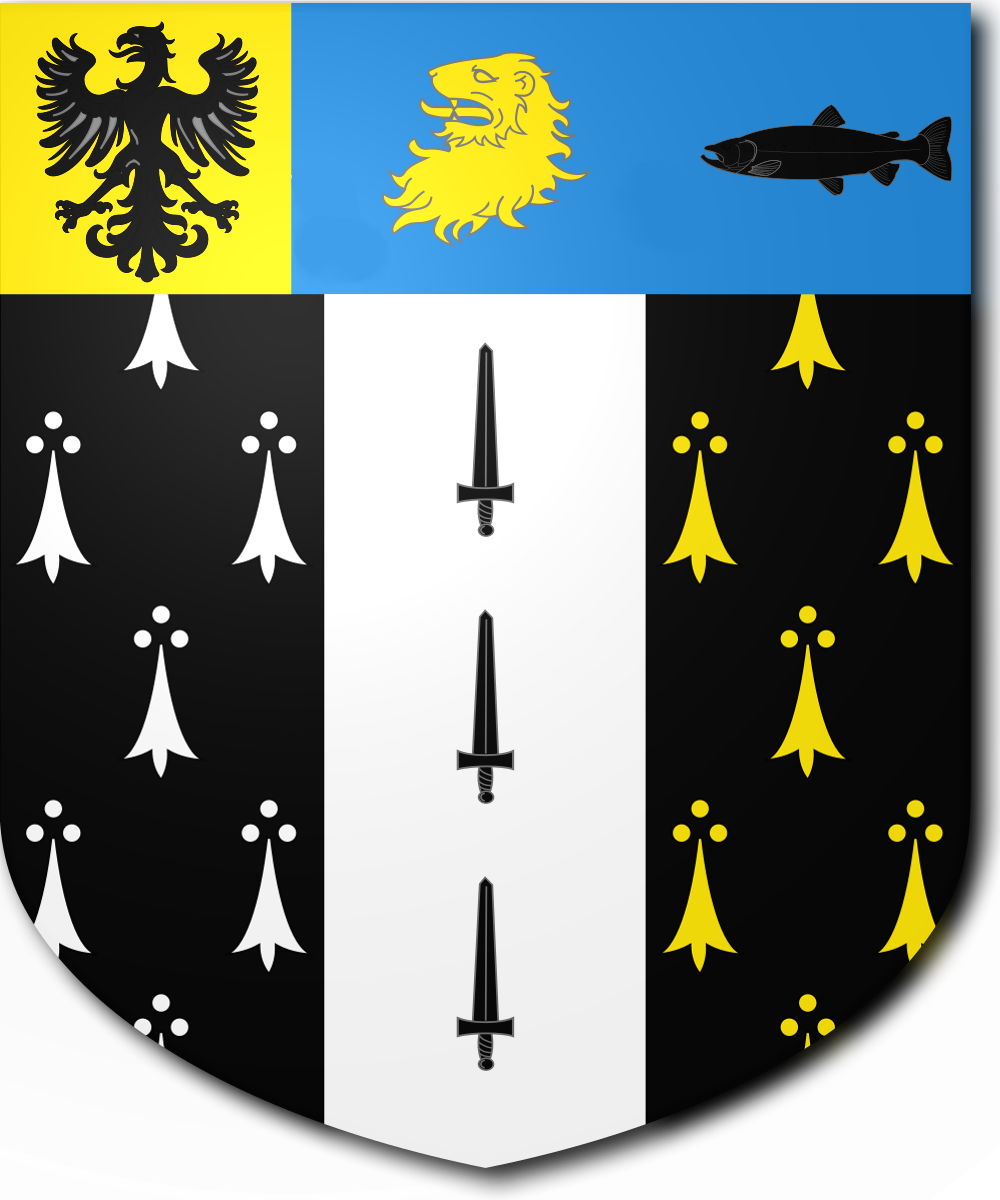
Founding Date
451 I.R.
Type
Geopolitical, Kingdom
Demonym
Brislander
Leader
Government System
Monarchy, Constitutional
Power Structure
Feudal state
Economic System
Mixed economy
Currency
While there are several types of coin still circulating through the kingdom that pre-date the Unification, all standard forms of currency are minted in the city of Brisburgh. All currency consists of coins minted from valuable metals, and there is a a variety of denominations, the most valuable being the Gold Lion, which is crafted of its namesake metal and bears the royal crest of Brisland on the front and a crown on the back. While these are rare, the silver rook is the most common form of currency used in many transactions. This coin bears a stone tower on the face and back. The copper dram, which bears a simple impression of a mug on one side, is the smallest denomination officially minted by the state. Often, though, citizens will cut down coins to be able to pay for goods not quite worth the value of a full coin. The dram is often cut into halves, which are called copper bits or simply bits. Silver coins are often cut into quarters, which are unimaginatively referred to as pieces of silver.
Major Exports
As a major holder of non-precious metal deposits in the region, Brisland exports iron and copper to most of its trade partners. The rich fishing waters along the coast also provides a variety of aquatic foodstuffs to be sold.
Major Imports
Brisland imports gold, precious gems, flax, olives, grapes, and other exotic foodstuffs from Argastilan to the North. They import silver from the expansive silver mines of Remaria alongside surplus wood from the massive forests of their western neighbor. Through the port of Riverton flows exotic animals, plants, textiles, spices, and gemstones.
Legislative Body
Brisland is a constitutional monarchy where the crown still retains the majority of legislative power. However, there is an annual Duchal Assembly to discuss any major changes to the laws of the land, where the King has the ability to break any ties in the four-person council.
Judicial Body
As a feudal system, it is the responsibility of the members of the peerage to oversee the interpretation and enforcement of the laws of the kingdom. In even the smallest village there will be an Earl or a Knight who has the authority of the King himself and act to enforce the King's law. In the larger cities where there are too many citizens for one lord to oversee all matters of justice, magistrates are appointed by that lord to oversee various aspects of governance, administration, and the application of the law.
Subsidiary Organizations
Neighboring Nations
Maps
Important Characters
Remove these ads. Join the Worldbuilders Guild

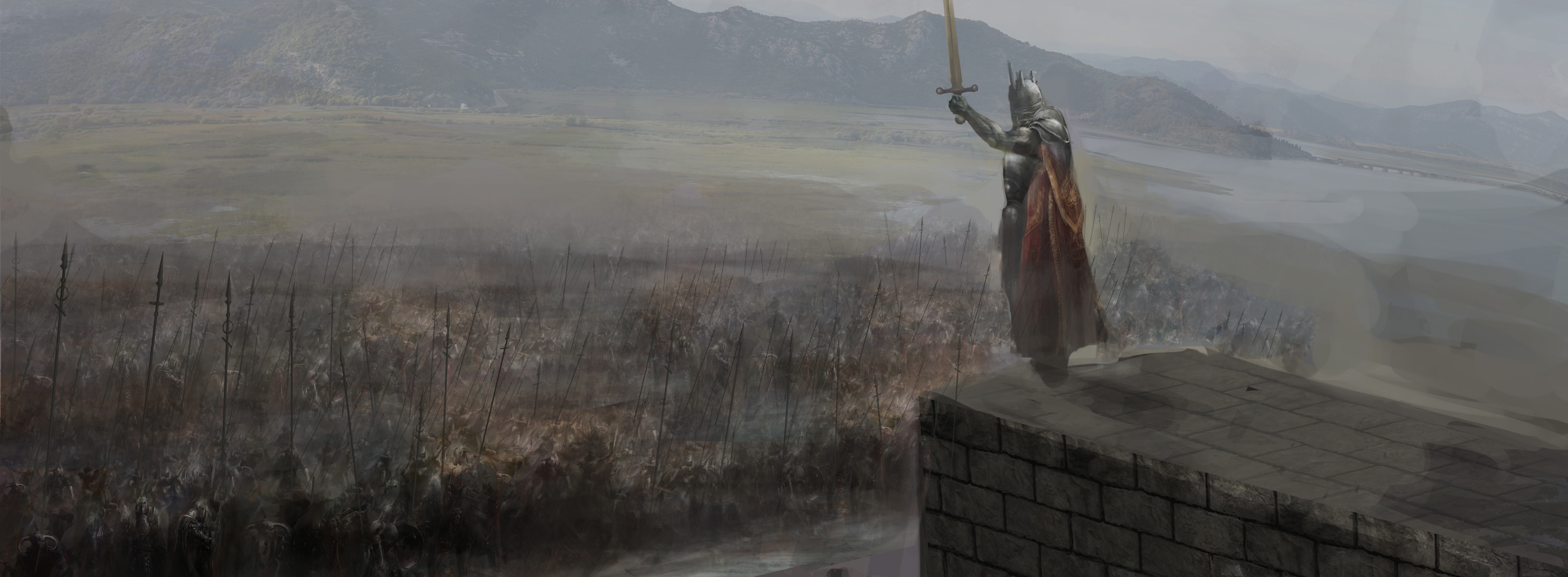
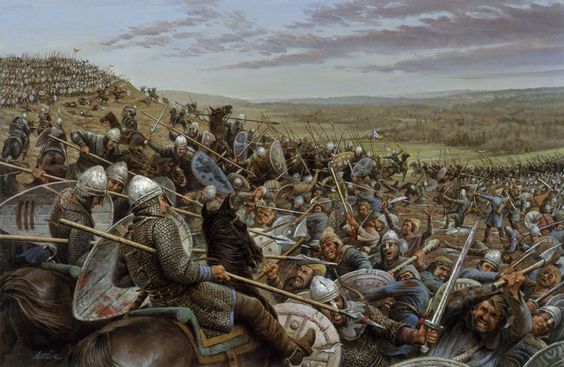
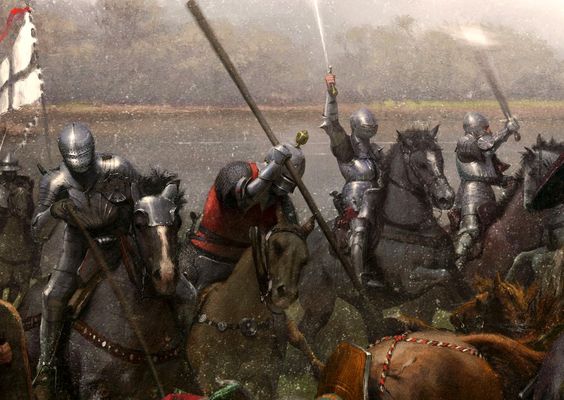
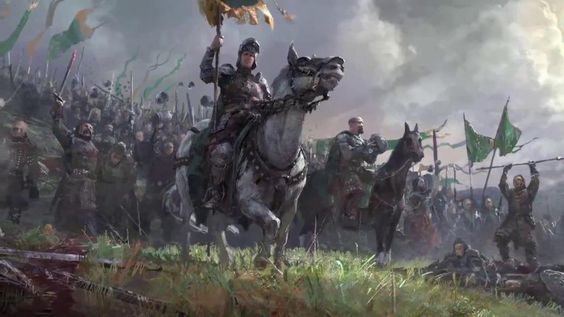
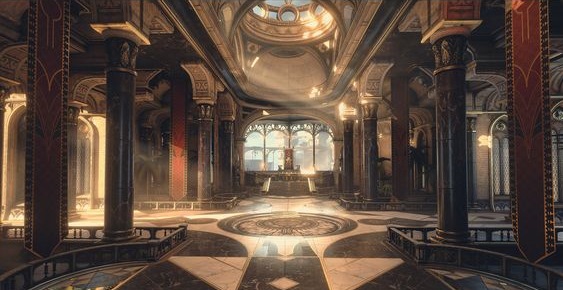
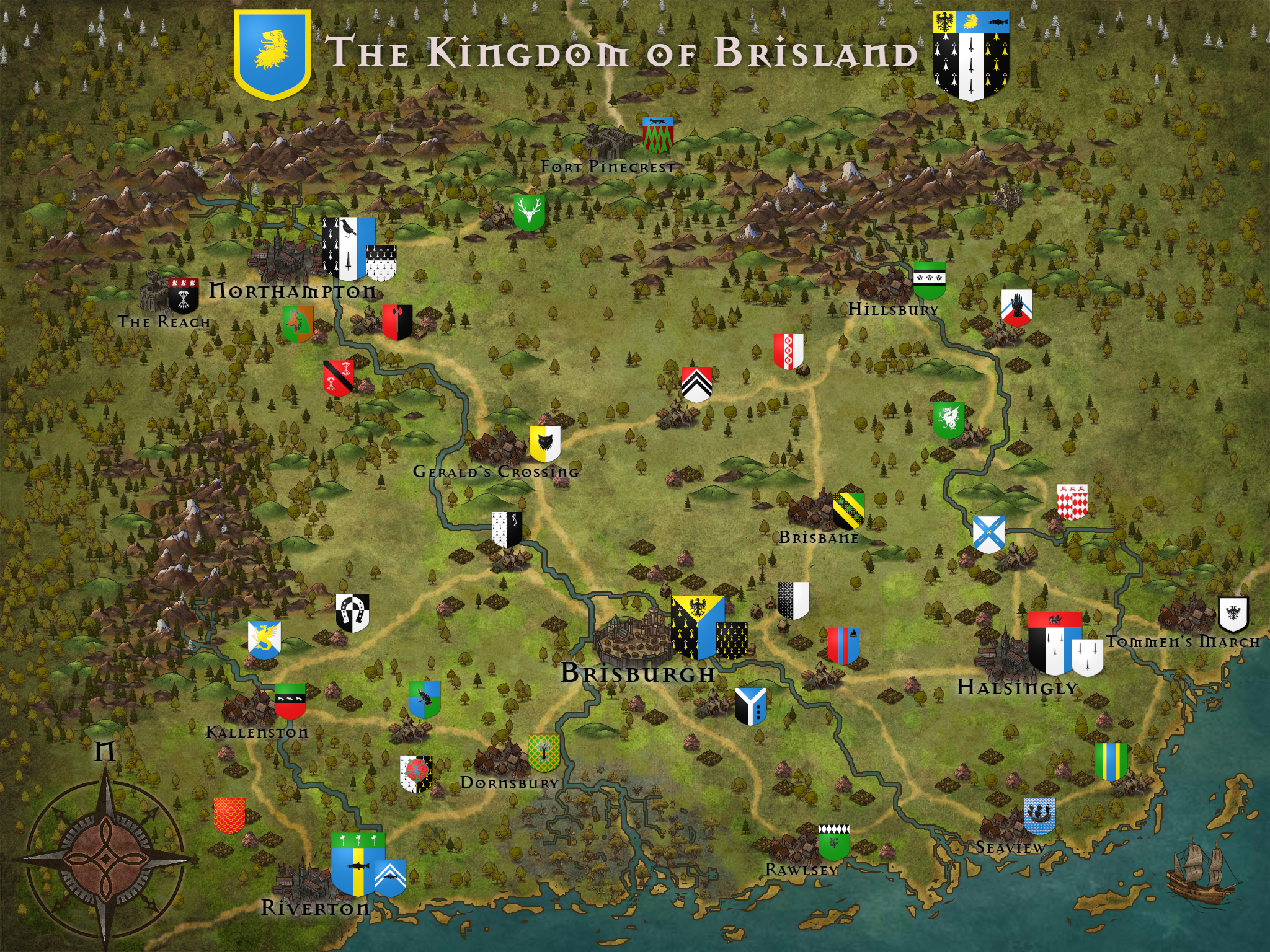
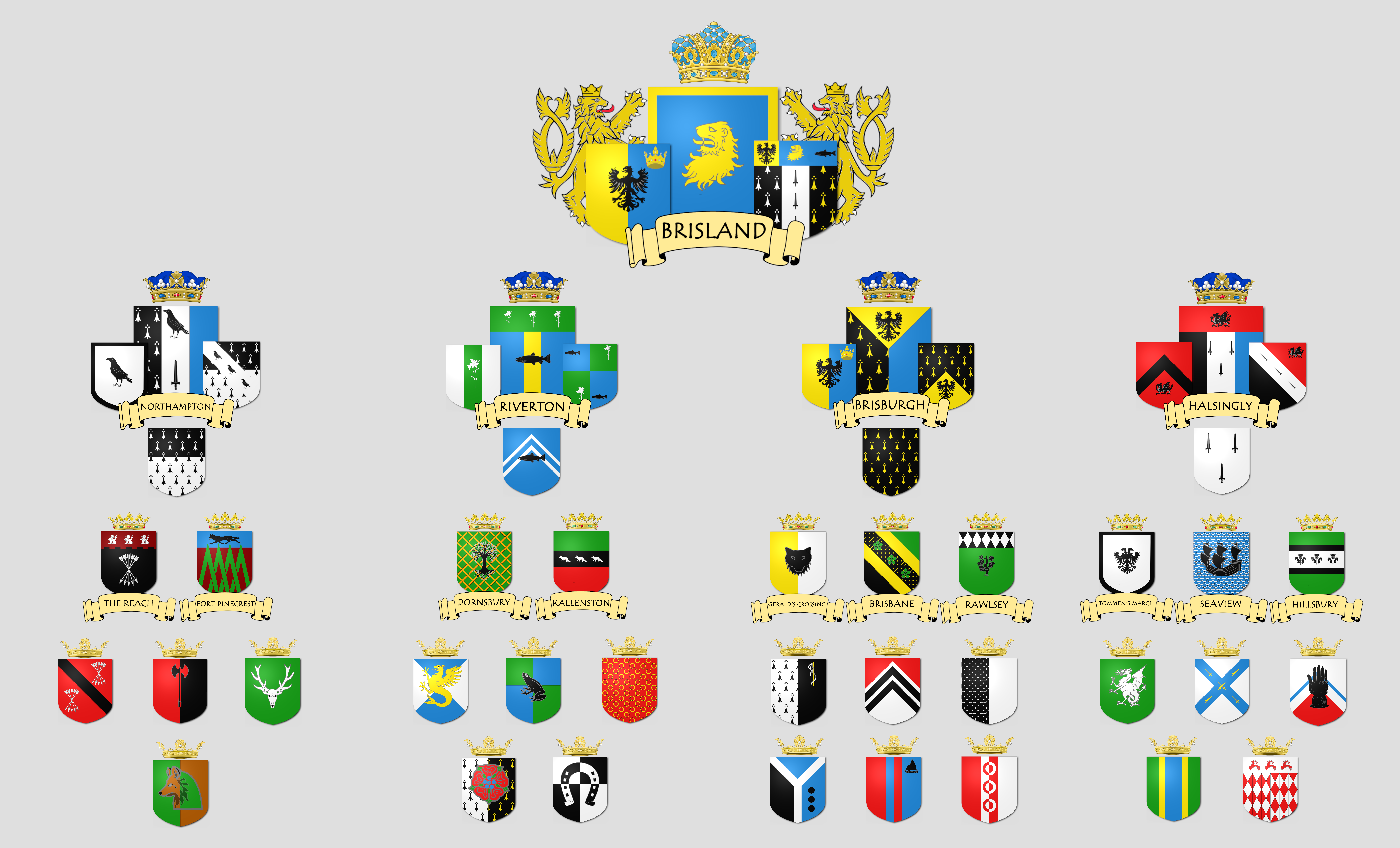

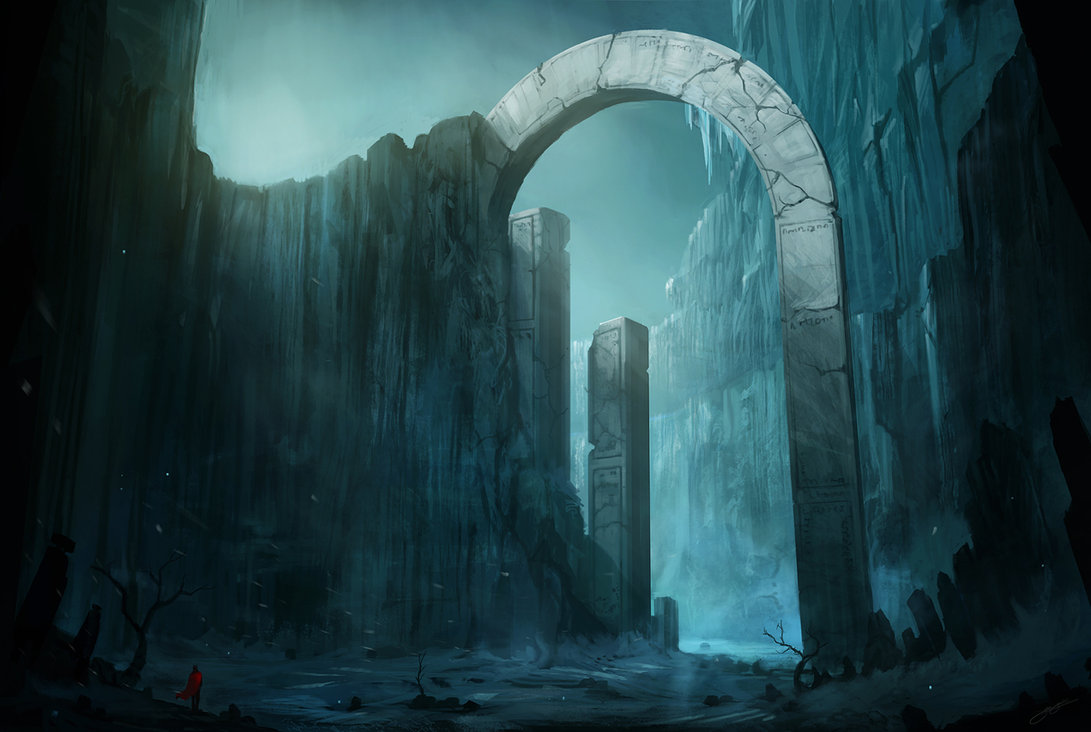







Your wars look really interesting! I love the history and solid identity you've forged with this article, I do think the Feudal Structure needs to be broken up to make things easier to read! Perhaps make a small header or embolden a handful of the titles to give a stronger sense of position with the sentence. Overall I really like the article! And I think each mentioned war could have it's own article! What is the major export of Brisland? I see there is some agriculture and it's outclassed by others in terms of precious metals, but is there something they do better than their neighbors?
Thanks for the feedback! I definitely plan an article for each of the wars mentioned. I already did one - The Kingslayer Rebellion. I need to backtrack and add links, I've added several articles that could link to this. Cheers!